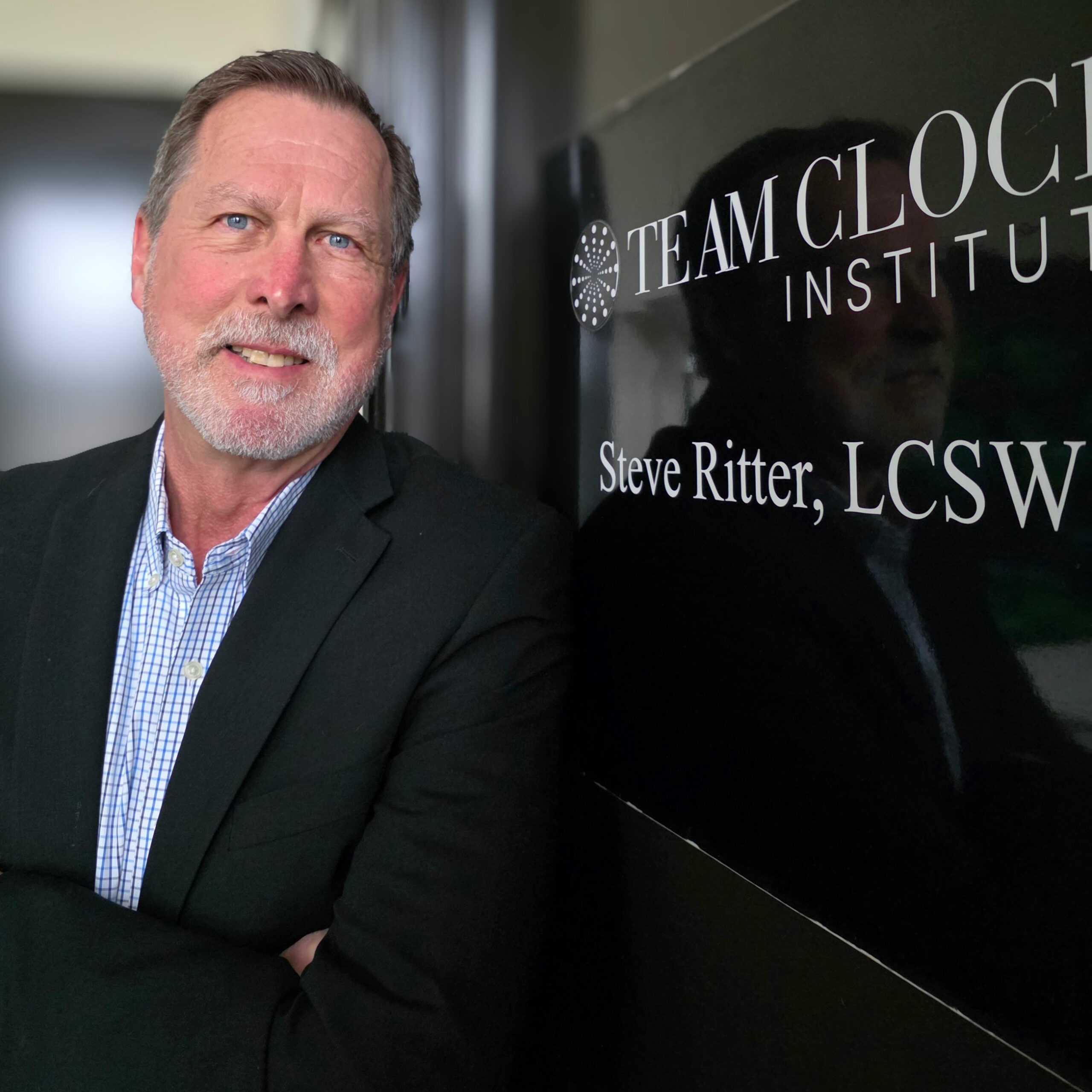
Cutting the Head Off the Monster
Her husband complains about not getting enough action in bed, yet offers little help with the kids or the housework. In the workplace, his employees are criticized for being under-engaged, yet he hasn’t taken the time to learn anything about their strengths and priorities. With friends, he only talks about himself, yet wonders why he wasn’t invited to be in the foursome at the charity golf outing. From his perspective, his wife, his coworkers, and his buddies are the problem. But they’re all trying to find a way to hold up a mirror so he can see what they see.
Where does he go from here? Scratch the itch, or find out why it itches?
Home
Is the lack of sex the symptom or the source of the problem? The husband might argue that he would be more willing to help out if his wife were more willing to put out. The wife might respond that it’s hard to be attracted to someone who doesn’t partner with her anywhere else in their life together. Perhaps more kindness and collaboration might strengthen the connection. When the source of the problem is addressed, the symptoms ease.
Work
Is the lack of employee engagement the symptom or the source of the problem? The department manager might argue that his employees need to run faster and jump higher. The employees might be seeking a reason to do so. Maybe there’s a shared goal that everyone can get juiced about. What if their boss showed that he cared about them as people rather than mere cogs in his machine? When the source is addressed, the symptoms ease.
Social Life
Is the absence of attention the symptom or the source of the problem? Friend groups typically have givers and takers. The takers get many of their needs met, but their lack of generosity eventually uses up whatever grace the tolerance of selfishness has earned. Givers, on the other hand, accrue a bank of goodwill by feeding the wellness of the relationship with interest. When the source is addressed, the symptoms ease.
Scratching an itch usually makes it itch more, offering only temporary relief. When you find and treat the cause of the irritation, the discomfort goes away and stays away. The symptoms are there for a reason. They provide a road map to the source of the problem if you can endure them long enough to follow the path.
If, however, you opt to make the symptoms go away first, the problem becomes more deeply rooted. Rest assured, the symptoms will return soon. Like many chronic issues, the themes and patterns have been revisited over the lifespan of the relationship. Whether at home, work, or out with friends, nothing changes if nothing changes.
Eventually, it’s time to cut the head off the monster.

About the Author
Steve Ritter, LCSW is the Founder and Executive Director of Elmhurst Counseling. He has served as a teacher, author, consultant, human resources director, health care administrator, and licensed clinical social worker since 1977. A fellow of the American College of Healthcare Executives, Steve has provided coaching, therapy and team development services to thriving schools, businesses and organizations.



